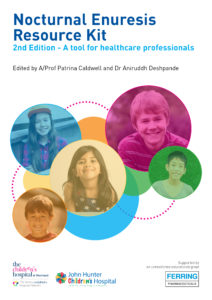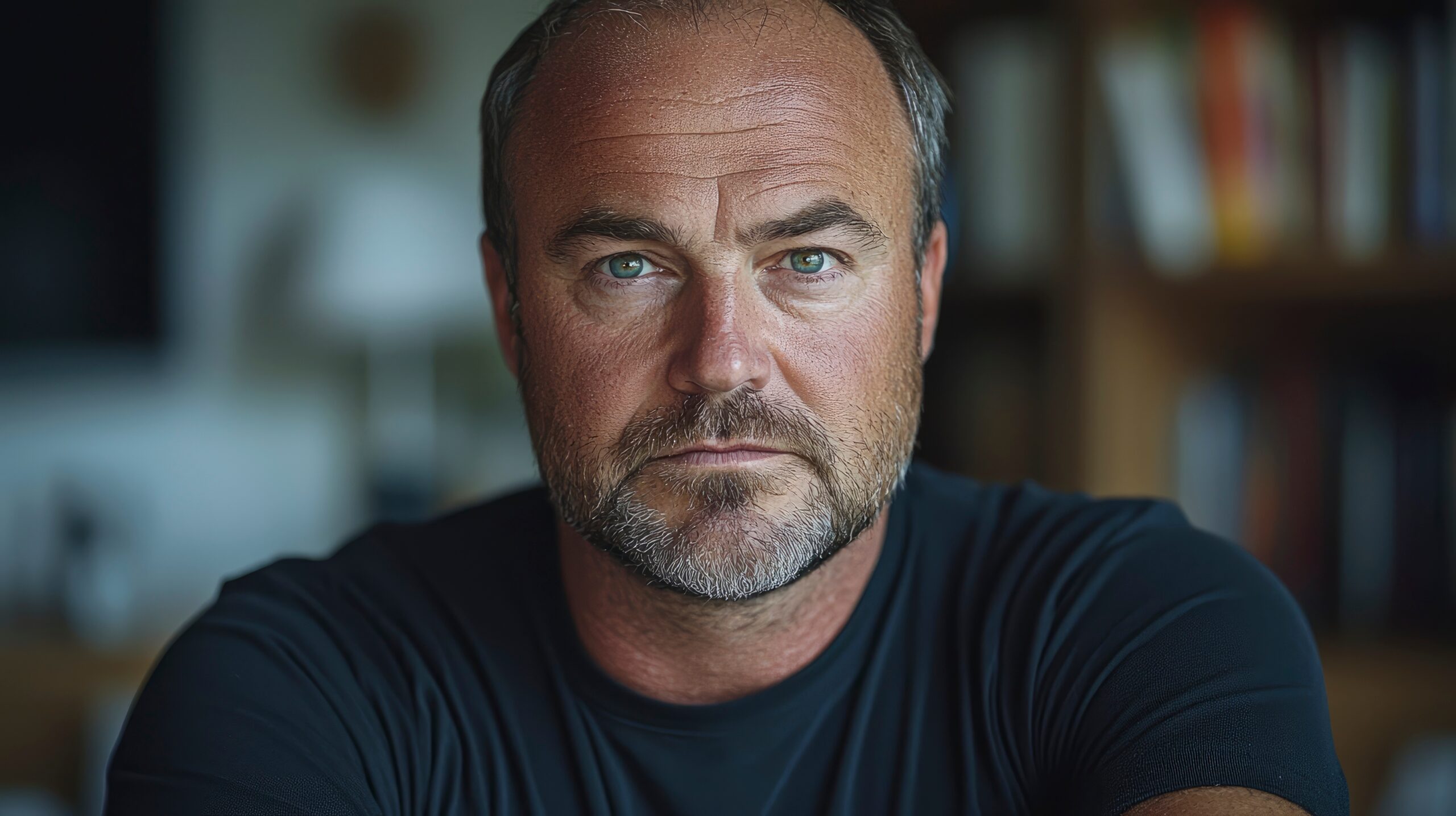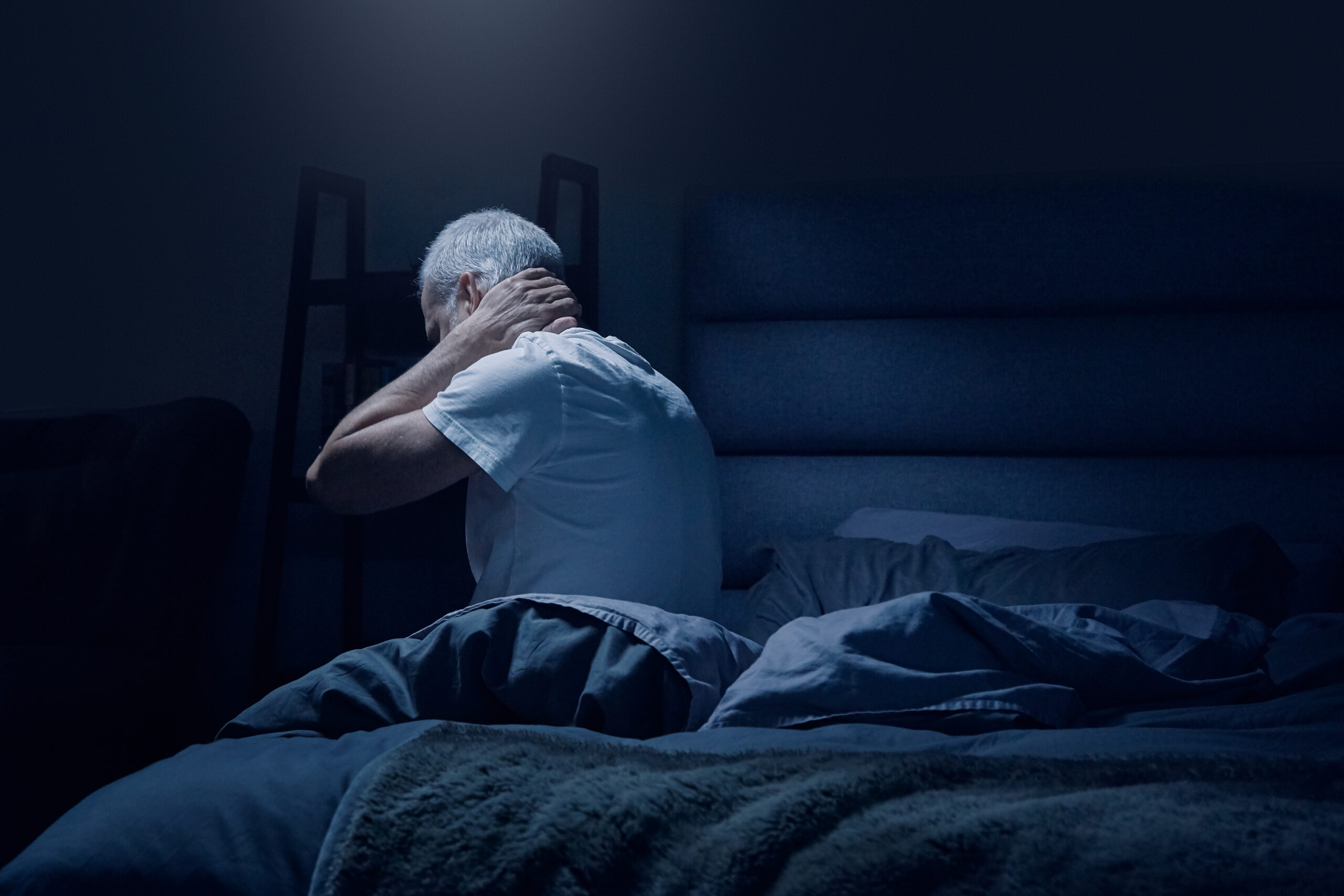
The second edition of the Nocturnal Enuresis Resource Kit is now available to improve the treatment and management of bedwetting in children and young people ahead of World Bedwetting Day (May 29, 2018).
Bedwetting is defined as the intermittent leakage of urine during sleep and affects up to 1 in 5 children at 5 years of age and 1 in 10 children at 10 years of age. The risk of bedwetting increases if the child’s mother, more so than their father, wet the bed as child.
Though a treatable condition, it is often trivialised and mistakenly assumed to be a phase that a child will simply outgrow on their own. However, the growing body of evidence suggests bedwetting is in fact a complex disorder involving several factors, such as difficulty arousing from sleep, overproduction of urine while sleeping, and bladder dysfunction.
“We know there are delays diagnosing and treating nocturnal enuresis. Patients and their families require support throughout the treatment journey. Healthcare professionals sometimes need additional help to support their patients, particularly when initial attempts at treatments fail,” said Associate Professor Patrina Caldwell, Discipline of Child and Adolescent Health, Faculty of Medicine and Health, University of Sydney.

“The Nocturnal Enuresis Resource Kit is designed to offer this support, by providing current and relevant information on nocturnal enuresis management and how to address the challenges and barriers that may present.”
Dr Aniruddh Deshpande, Paediatric Urologist & Surgeon, John Hunter Children’s Hospital, Newcastle, says the “impact [of childhood bedwetting] is not severity dependent, but rather age and gender dependent.”
Bedwetting can affect a child’s psychological development and perceived quality of life, however children who are treated for bedwetting show improvements in their working memory and other daily activities.
World Bedwetting Day aims to raise awareness of childhood nocturnal enuresis among healthcare professionals and the community as a common medical condition that can, and should, be treated.
Continence Foundation of Australia Chief Executive Officer, Rowan Cockerell, Melbourne, maintains the common assumption that children will always simply outgrow bedwetting needs to be addressed.
“Many parents initially resort to lifestyle changes, while almost half fail to seek help for children aged five years and above. World Bedwetting Day shines a light on the problem, reinforcing nocturnal enuresis as a treatable condition for which parents should proactively seek healthcare professional advice and support.”
The Continence Foundation of Australia provides education and raises awareness of bladder and bowel control problems. To learn more about childhood nocturnal enuresis, contact the National Continence Helpline on 1800 33 00 66 or visit https://www.continence.org.au/.
Head to https://www.neresourcekit.com.au to download a copy.



